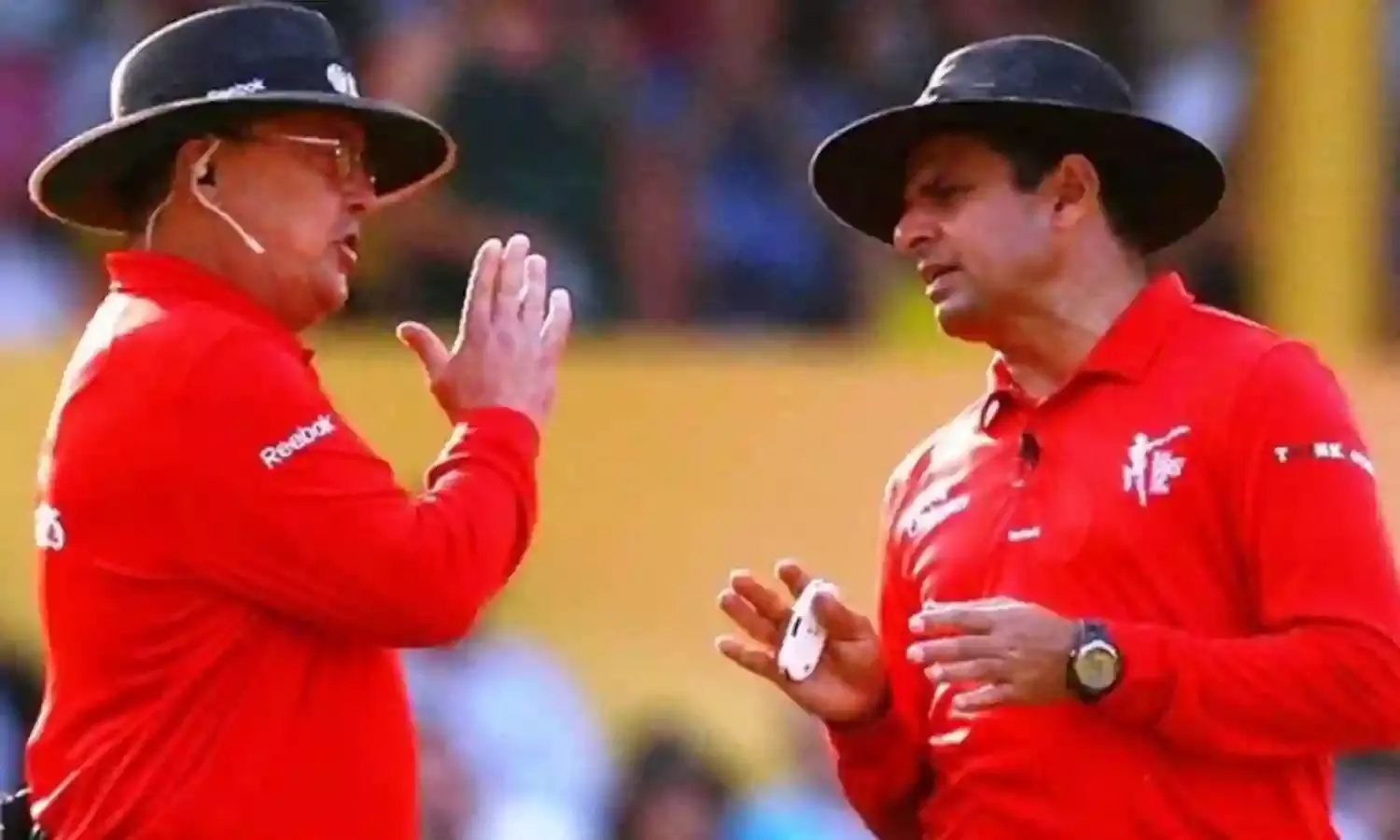Wanderers Pitch Fiasco: Finally, Common Sense Prevailed
On-field umpires Gould and Dar,third umpire Gough and match referee Pycroft are the unsung heroes

"I know that people want to watch Test cricket the whole day, but we're also human beings. We're not just machines, we're not just going to take blows and accept putting our bodies on the line.”
This was what Dean Elgar had to say after the dramatic end of the Wanderers Test match. The South African opener, who remained unbeaten on 86 during his team’s 63-run defeat in the Johannesburg Test, was hit on the head by a Jasprit Bumrah short ball on Friday afternoon. It was because of that particular blow, the on-field umpires had to call off play on Day Three, 19 minutes before Stumps. There were some serious concerns regarding player’s safety on that pitch, which had some uneven bounce since the first day.
Hence, until Friday night, dark clouds were hovering over the future of the Test match and India were clearly unhappy with the entire development. Both Ajinkya Rahane and Indian team manager Sunil Subramaniam made it crystal clear in the press conference that they want to continue with the Test match. Their argument was, being the visiting side, if they can bat twice on that wicket, then why can’t the South Africans do the same.
"The wicket was definitely challenging, but if you see our openers batted so well," Rahane, who looked quite comfortable during his knock of 49 in India’s second innings, said. "The wicket was similar for both teams. [Murli] Vijay got 25 runs, and he faced 130-140 [127] balls. It was completely the same for everyone. Our approach was that we want to play and win this Test match. When Bhuvi [Bhuvneshwar] and I were batting, we were not thinking about the wicket. We were just focusing on playing that particular delivery. Yes, the odd ball we got hit on the hand or the glove, but that's the nature of the wicket, we cannot control that."
Subramaniam told us, the ball which hit Elgar, was a genuine short-pitched ball. It had nothing to do with the wear and tear of the pitch. In fact, we all had the video evidence of that. He also informed that the match referee had spoken with both the team managers and expressed his concerns regarding the wicket.
“The match referee had called me at tea in case the pitch got dangerous later,” Subramaniam said. “We held the view that the pitch was the same for all three days. Today was the day when we had the least wickets. So, we wanted to continue playing.”
However, for the South African team as well as for Cricket South Africa (CSA) it was a tricky situation. If the Proteas backed out of the match concerning player’s safety on that pitch, there would have been heavy criticism, as it was their home game and India were in a dominating position in the Test match.
Furthermore, in case of the match being called off due to the poor state of the pitch, the ground would have banned from hosting any international match for a minimum of one year by the International Cricket Council (ICC), which means CSA had to shift the upcoming ‘Pink ODI’ and T20 International against India, as well as the Test match against Australia to some other venues. The limited-overs games against India are already being sold out, so it would have cost huge financial losses to the South African board.
In the meantime, the match officials (the on-field umpires and match referee) took control of the situation and assessed the entire scenario as at the end of the day the smooth conduct of the game is their responsibility. They also communicated their views to ICC.
“The final call in this situation is that of the match referee. He is the man in-charge of the match. He should go to both teams and try to get the right result. Obviously, the match referee relies on umpires because the umpires are the decision makers on the field of play,” talking about such situations, this was what Mike Procter, a former South African cricketer and an ex ICC elite panel match referee told this reporter during a chat Saturday.
However, here, the match officials had time on their hands and they were in no hurry to rush to a decision. It gave them the opportunity to buy some time and evaluate the entire scenario thoroughly.
Eventually, in the end good sense prevailed and the men who mattered, decided to go ahead with the game following a half an hour delay on Day 4. As a result of this bold move, we had an exciting finish to this thrilling match and the series.
It is pity that in future, we will only remember the players to put up a competitive show on the field. But, for me, the on-field umpires, Ian Gould and Aleem Dar; third umpire Michael Gough and match referee Andy Pycroft are the unsung heroes of this Wanderers Test match.



